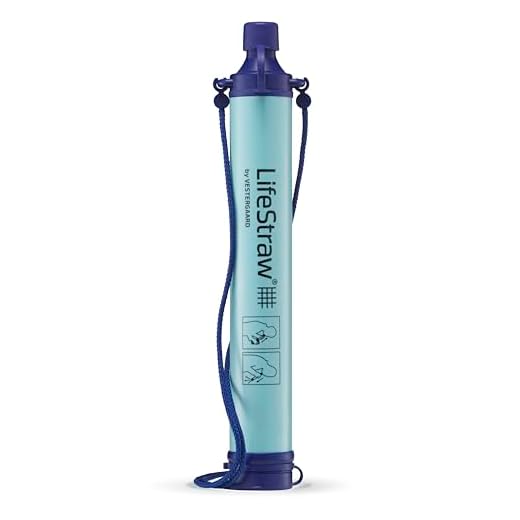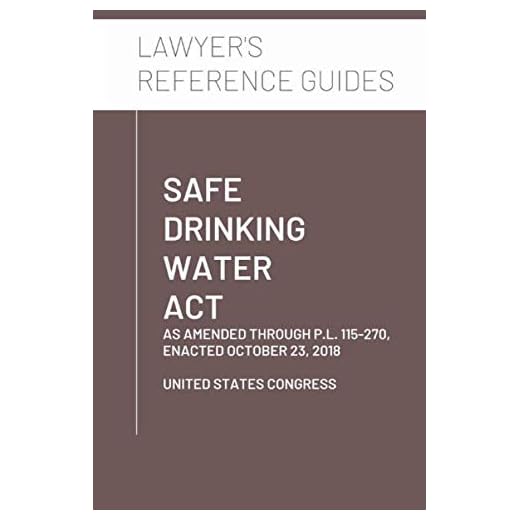




Environmental Impact on Water Sources
Water sources are significantly affected by various environmental factors. Industrial pollution, agricultural runoff, and urban development contribute to the contamination and depletion of these vital resources. Chemicals, heavy metals, and pathogens can enter water supplies through these channels, posing a direct threat to public health and ecosystems. Additionally, climate change alters precipitation patterns, leading to both droughts and floods. These shifts can overwhelm local water systems, affecting their ability to provide clean drinking water.
Human activities also play a crucial role in the degradation of water quality. Deforestation and land-use changes can lead to increased sedimentation in rivers and lakes, altering habitats and affecting aquatic life. Over-extraction of groundwater resources can lower water tables, diminishing access to clean water for communities and wildlife alike. Recognizing the interconnectedness of these issues is essential for developing effective strategies to protect and restore our water sources.
Protecting Your Water Supply
The protection of water sources is crucial in maintaining a healthy environment. Pollution from industrial runoff, agricultural practices, and urban development poses serious threats to water quality. Communities should prioritize clean water initiatives and advocate for policies that regulate the discharge of contaminants. Local governments and organizations can play a key role by implementing programs aimed at preserving wetlands and natural water filtration systems.
Public awareness and engagement are vital in protecting local water supplies. Individuals can contribute by participating in clean-up events, reporting pollution incidents, and supporting sustainable practices. Educating oneself about the sources of water contamination encourages responsible behavior, such as reducing plastic usage and properly disposing of hazardous materials. Collective action can foster a culture of stewardship that benefits both water resources and public health.
Safe Drinking Water Practices
Maintaining safe drinking water practices is crucial for overall health. Regularly checking for contaminants can help ensure the water consumed is free from harmful substances. Using water testing kits provides a quick assessment of the water quality in your home. Understanding the specific contaminants present can guide further actions needed for purification. Additionally, being mindful of the water source is vital. Knowing whether water comes from a municipal supply or a private well influences safety measures that should be taken.
Proper storage of drinking water also plays a significant role in its safety. Using clean, food-grade containers prevents contamination and maintains water quality. It’s important to regularly clean and sanitize these containers to prevent bacterial growth. When traveling or in situations where clean water may not be available, carrying portable filtration devices or purification tablets can provide peace of mind. Implementing these practices will contribute to a healthier lifestyle and a stronger immune system.
Tips for Ensuring Water Purity
Regularly testing your water quality is crucial for ensuring its purity. Using home testing kits, you can check for contaminants such as lead, chlorine, and bacteria. Many public water systems provide annual water quality reports, which offer insight into potential issues. Staying informed about any advisories from local authorities can also help identify problems promptly.
Maintaining clean fixtures and pipes is essential for preserving water quality. Regularly flush taps and clean showerheads to prevent buildup of biofilm and sediment. If you notice changes in taste, odor, or color, consider investigating further. Installing water filters can effectively remove specific contaminants, but it is important to choose the right type based on your water quality analysis.
Water Filtration Systems
A water filtration system can be an essential addition to any home where the quality of tap water is a concern. These systems are designed to remove contaminants, such as chlorine, heavy metals, bacteria, and other impurities that can adversely affect health. With varying types available, including activated carbon filters, reverse osmosis units, and ultraviolet purification, homeowners can select a system that best fits their specific water quality needs.
Regular maintenance of a chosen filtration system is crucial to ensure its efficacy. Filters need to be replaced at recommended intervals, as their effectiveness diminishes over time. Furthermore, periodic testing of water quality can help determine the system’s performance and whether adjustments or upgrades are necessary. By investing in a suitable filtration solution, individuals can significantly enhance their drinking water’s safety and quality.
Evaluating Your Home’s Water Quality
Understanding the quality of your home’s water is essential for maintaining health and wellness. Homeowners can easily assess their water through various testing kits available for purchase. These kits typically measure contaminants such as lead, chlorine, nitrates, and bacteria. It’s important to follow the instructions carefully to ensure accurate results. Many local health departments also offer water testing services that can provide professional insights into potential issues.
In addition to testing, observing the physical characteristics of water can provide clues about its quality. Cloudiness, discoloration, or any unusual odor should not be ignored. Regular maintenance of plumbing systems can further help safeguard against contamination. Being proactive in monitoring water quality allows you to address problems before they become significant health concerns.
FAQS
Why is clean water important for my immune system?
Clean water is crucial for your immune system as it helps to flush out toxins, supports cell function, and maintains overall hydration, which is vital for optimal immune response.
What environmental factors affect water quality?
Environmental factors such as pollution, industrial runoff, agricultural chemicals, and waste disposal can significantly impact water quality and the safety of water sources.
How can I protect my water supply?
You can protect your water supply by reducing pollution in your area, properly disposing of hazardous materials, supporting local water conservation initiatives, and advocating for clean water policies.
What are some safe drinking water practices?
Safe drinking water practices include using water filtration systems, regularly testing your water quality, avoiding plastic containers, and ensuring proper sanitation of water storage areas.
How do I know if I need a water filtration system?
You may need a water filtration system if your water has a noticeable taste or odor, if it contains contaminants based on testing, or if you live in an area with a history of water quality issues.
Related Links
7 Health Benefits of Using Water Filters You Should Know
The Historical Impact of Clean Water on Public Health
Roundup of Health Benefits from Various Types of Water Filters

